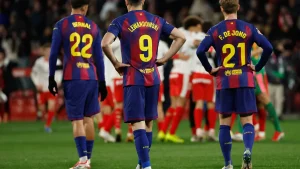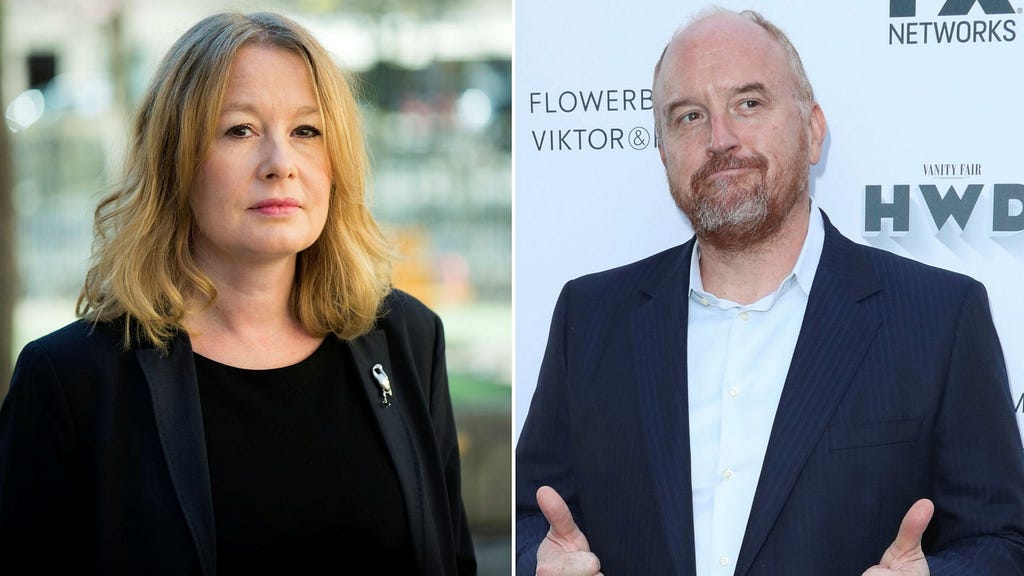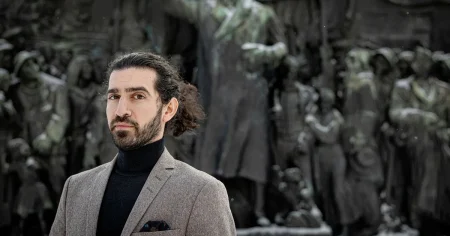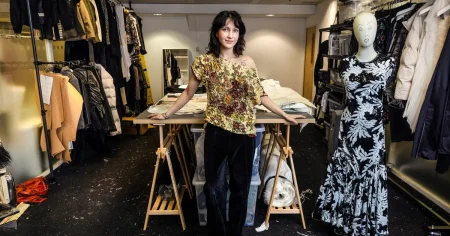Åsa Linderborg’s defense of still enjoying Louis CK’s comedy, despite his acknowledged sexual misconduct, sparks a broader discussion about the relationship between art and artist, and the perceived conflict between freedom of expression and social responsibility. Linderborg’s stance, while framed as a defiance against a ”humorless mob,” seemingly echoes a wider trend of pushing back against what’s perceived as excessive political correctness and ”woke” culture. This resistance often manifests as a claim that cherished aspects of life, like enjoying certain types of humor, are under attack. However, the argument that Louis CK has been silenced or ostracized is easily refuted by his continued success, including a recent Grammy win and ongoing global popularity. This suggests that the true source of Linderborg’s discontent might lie elsewhere.
Linderborg’s argument hinges on a perceived societal divide between a supposedly authentic and unrefined working class and a pretentious, censorious middle class. This narrative romanticizes the working class as inherently resistant to progressive values, while portraying the middle class as overly sensitive and controlling. This binary, however, is a simplistic and inaccurate representation of contemporary society. The middle class is far from uniformly educated or sophisticated, and the working class is increasingly diverse, encompassing individuals with varying levels of education and cultural awareness. This romanticized dichotomy serves to fuel a manufactured conflict, distracting from more nuanced discussions about social progress and equality.
The notion that abandoning discussions of feminism, racism, and the #MeToo movement will somehow win back working-class voters, as Linderborg and others seem to suggest, is a misguided and potentially harmful strategy. This assumption relies on a caricature of the working class as inherently opposed to social justice issues, ignoring the complex realities and diverse perspectives within this demographic. The idea that embracing politically incorrect humor is the key to reconnecting with the working class is not only condescending but also strategically unsound. It’s more likely to alienate potential allies than to draw in those who are genuinely concerned about economic inequality and social justice.
The true brilliance of Louis CK’s comedy doesn’t lie in simply ”joking about everything,” but rather in his skillful navigation of the line between acceptable and taboo subjects. His humor engages with societal anxieties and complexities, often using provocative jokes as a starting point for deeper reflections on challenging topics. To reduce his work to a mere battle cry against political correctness is to diminish its artistic merit and its potential to spark meaningful conversation. Louis CK’s comedy deserves to be analyzed and critiqued in its entirety, acknowledging both its brilliance and its problematic aspects. Using his work as a blunt instrument in the culture wars does a disservice to both the art and the important discussions it can generate.
The argument that political correctness is stifling humor overlooks the fact that comedy has always evolved alongside societal norms and values. Humor often thrives by pushing boundaries and challenging taboos, but what constitutes a taboo changes over time. The ability to joke about certain topics that were once off-limits doesn’t signify a decline in humor, but rather a shift in societal sensibilities. Instead of lamenting a perceived loss of comedic freedom, it’s more productive to analyze how humor adapts and reflects these evolving social landscapes.
Ultimately, the debate surrounding Louis CK and the broader conversation about political correctness highlight the complex interplay between artistic expression, social responsibility, and evolving societal values. It is crucial to engage with these issues thoughtfully and critically, rather than relying on simplistic narratives and manufactured conflicts. Reducing complex social issues to a battle between ”woke” culture and free speech prevents meaningful dialogue and hinders genuine progress toward a more just and equitable society. Instead of clinging to outdated stereotypes and romanticized notions of the past, we should embrace the opportunity to engage in nuanced discussions about the role of art, humor, and social responsibility in shaping our collective future.














